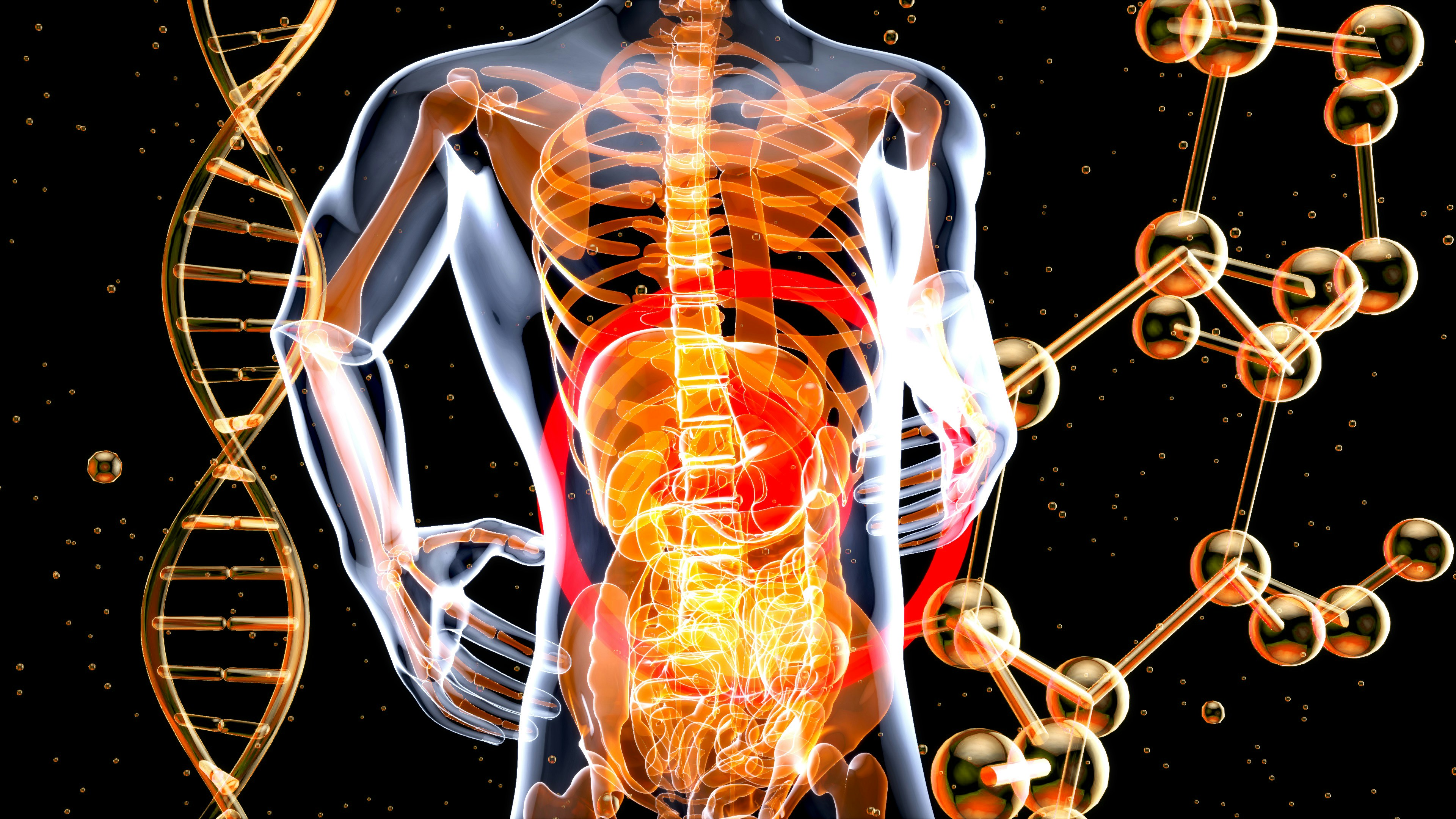Health
Health
Health
Everyday Foods Secretly Poisoning You: Uncovering Hidden Toxins and How to Protect Your Health
In our modern world, the foods and beverages we consume daily may harbor unseen toxins that pose significant health risks. From pesticide residues on produce to microplastics in bottled water, these contaminants can accumulate over time, leading to chronic health issues. Understanding where these toxins hide and how they affect our bodies is crucial for making informed dietary choices.



The Hidden Dangers Lurking in Common Foods
Pesticides: Silent Saboteurs of Health
Non-organic fruits and vegetables often carry pesticide residues, with items like strawberries and spinach frequently topping the list. These chemicals have been linked to hormonal disruptions, neurological disorders, and even cancer. Studies have shown that certain pesticides can interfere with endocrine function, leading to long-term health consequences. To mitigate exposure, prioritize organic produce, especially for the most contaminated items.
Environmental Working Group’s Dirty Dozen list. These chemicals have been linked to a wide range of health effects.
Health Risks:
Heavy Metals: Toxic Elements in Everyday Meals
Heavy metals such as mercury, arsenic, and lead can be found in various foods, including certain fish, rice, and even drinking water. Chronic exposure to these elements has been associated with developmental delays, cognitive decline, and kidney damage. For instance, consuming large predatory fish like tuna can lead to higher mercury intake. Opting for smaller fish like sardines and using water filters can help reduce these risks.
Mercury in large predatory fish like tuna is known to impair cognitive development (PubMed Study on Mercury and Neurodevelopment).
Arsenic in rice has been linked to cardiovascular disease and cancer (Harvard T.H. Chan Study on Arsenic Exposure).
Lead in drinking water may cause developmental delays in children (CDC Lead Guidelines).
Food Additives: The Hidden Ingredients
Processed foods often contain artificial dyes, sweeteners, and preservatives that may have adverse health effects. Some additives have been linked to hyperactivity in children, allergic reactions, and potential long-term organ damage. Reading labels and choosing minimally processed foods can significantly decrease exposure to these harmful substances.
Artificial dyes like Red 40 and Yellow 5 have been linked to hyperactivity in children (NIH Clinical Trials).
Preservatives like BHA and BHT are under scrutiny for potential carcinogenic effects (EFSA BHT Safety Report).
Aspartame, a common artificial sweetener, may impact gut health and metabolic processes (Gut Microbiota and Artificial Sweeteners Study).
Packaging: An Overlooked Source of Contamination
Beyond the food itself, packaging materials can leach harmful chemicals into our meals. Substances like BPA and PFAS, commonly found in plastics and food wrappers, have been associated with hormonal imbalances and increased cancer risk. To minimize exposure, store food in glass or stainless steel containers and avoid heating food in plastic.
BPA exposure has been associated with hormonal imbalances and fertility issues (Endocrine Society BPA Report).
PFAS chemicals in food packaging have been linked to immune dysfunction, cancer, and metabolic disease (CDC PFAS Overview).
How to Reduce Toxin Exposure
Prioritize Organic Produce: Especially for items known to have high pesticide residues.
Choose Safer Seafood: Opt for smaller fish to reduce mercury intake.
Filter Your Water: Use certified filters to remove heavy metals and other contaminants.
Read Food Labels: Avoid products with artificial additives and preservatives.
Use Safe Food Storage: Prefer glass or stainless steel over plastic containers.
Empowering Yourself Through Informed Choices
While it's impossible to eliminate all toxins from our diet, being aware of their sources and effects empowers us to make healthier choices. By taking proactive steps, we can significantly reduce our exposure and protect our long-term health. delve deeper into how various factors, including diet and environmental exposures, can influence your overall well-being.
Navigating midlife hormonal changes? Here's what diet can do for you:
👉 Optimizing Menopausal Health Through Food
Conclusion
Take Control of Your Health Today
If you're concerned about the impact of toxins in your diet and want personalized guidance, schedule a comprehensive consultation with our specialists.
For further reading on related topics:
Articles
Discover our other articles
Explore our articles to know the best behavior about alimentation and well-being.

























